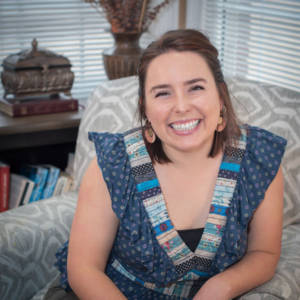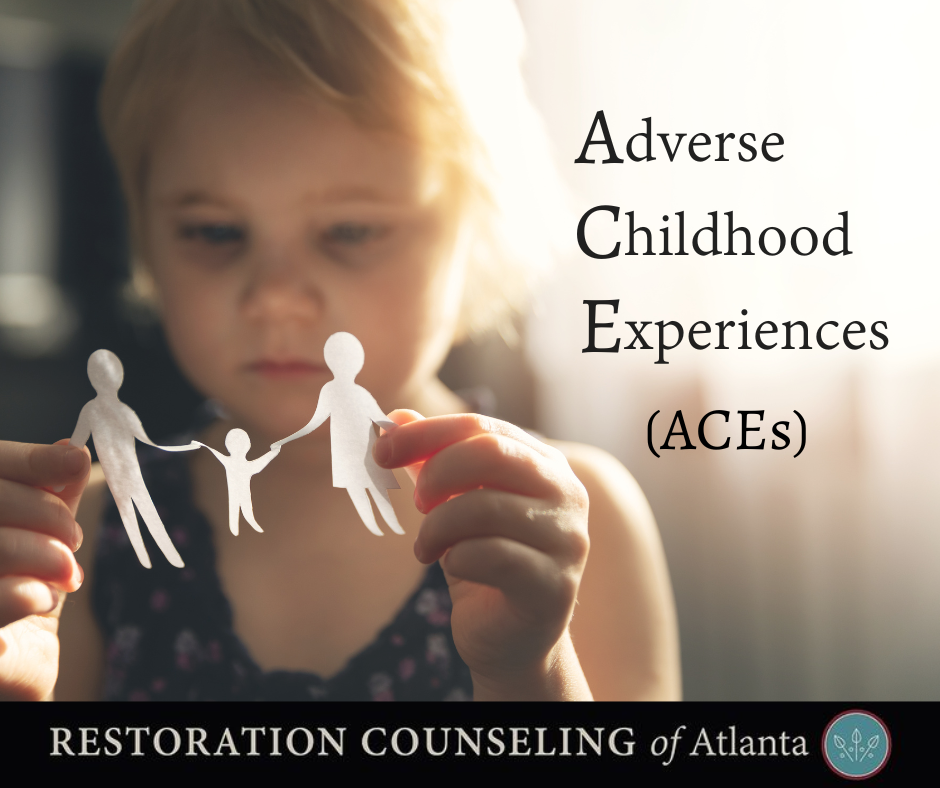TRIGGER WARNING: Descriptions of Trauma
As we all know, childhood is an important part of life. Our brains are rapidly changing and developing, and we are looking to cues from our caregivers and others to teach us about the world. We are little sponges, soaking up information and trying to interpret it. Any Adverse Childhood Experiences (ACE) may be affecting us today.
If someone has several adverse experiences in childhood, that child will likely have a harder time reading cues and interpreting the world around them. This could lead to difficulty in relationships as the child grows up, too.
Someone reading this might think, “I sometimes have difficulty in relationships. Could looking back at something in my childhood help explain that? My childhood was normal, I think. How do I know if I had several adverse childhood experiences?” That’s where the ACE assessment comes in.
What is the ACE Assessment?
The Centers for Disease Control and Prevention (CDC) and Kaiser-Permanente did a study on over 17,000 people in the mid 1990s. The study asked adults about their childhoods and their current health and behaviors. Their findings led to the creation of an assessment consisting of ten questions asking if you experienced any of ten Adverse Childhood Experiences before you turned 18. According to the CDC website, most people have experienced one of the ten adverse experiences; only about 15% of people experienced four or more. Basically, the higher the ACE score, the more likely the adult taking part in the study was to be struggling in some aspect of their current life, such as health, work, interpersonal relationships, etc.
Here are the 10 questions:
Prior to your 18th birthday:
- Did a parent or other adult in the household often or very often… Swear at you, insult you, put you down, humiliate you? Or act in a way that made you afraid that you might be physically hurt?
No___If Yes, enter 1___ - Did a parent or other adult in the household often or very often… Push, grab, slap, or throw something at you? Ever hit you so hard that you had marks or were injured?
No___If Yes, enter 1___ - Did an adult or person at least 5 years older than you ever… Touch or fondle you, or have you touch their body in a sexual way? Or attempt or actually have oral, anal, or vaginal intercourse with you?
No___If Yes, enter 1___ - Did you often or very often feel that … No one in your family loved you or thought you were important or special? Or that your family didn’t look out for each other, feel close to each other, or support each other?
No___If Yes, enter 1___ - Did you often or very often feel that … You didn’t have enough to eat, had to wear dirty clothes, and had no one to protect you? Or were your parents too drunk or high to take care of you or take you to the doctor if you needed it?
No___If Yes, enter 1___ - Were your parents ever separated or divorced?
No___If Yes, enter 1___ - Was your mother or stepmother:
Often or very often pushed, grabbed, slapped, or had something thrown at her? Or sometimes, often, or very often kicked, bitten, hit with a fist, or hit with something hard? Or ever repeatedly hit over at least a few minutes or threatened with a gun or knife?
No___If Yes, enter 1___ - Did you live with anyone who was a problem drinker or alcoholic or who used street drugs?
No___If Yes, enter 1___ - Was a household member depressed or mentally ill, or did a household member attempt suicide?
No___If Yes, enter 1___
- Did a household member go to prison?
No___If Yes, enter 1 ___
Now add up your “Yes” answers: ___ This is your ACE Score
What Do My ACE Results Mean?
There are no right or wrong answers to this! If those questions were difficult to answer, that is totally normal. There are several organizations (and therapists!) devoted to prevention strategies as well as helping those who have already had many of these experiences.
There is hope. At the beginning of the article, we talked about kids’ brains growing and changing. Well, we never stop doing that. Nothing is set in stone, and it is never too late to process these experiences and learn new ways of coping.
Also, as Christians, we have a loving Heavenly Father who looks with great care upon us and is the polar opposite of these ten questions. Through Him, being in a safe environment, having supportive friends, learning new coping strategies, and processing these childhood experiences, your ACE Score does not define you.
Find Out More
I am writing in huge generalities for the sake of a short article. More information can be found online through the CDC here. If you’re more of a podcast junkie (like me), Armchair Expert has an episode devoted to this topic. I’ll link that here.
If you’re interested in talking more about this topic, or if you take the ACEs quiz and want to talk about your results specifically, I would love to schedule an appointment with you. Please reach out to me at hannah@restorationcounselingatl.com.

Written by Hannah Clark, APC
hannah@restorationcounselingatl.com, ext. 122
Roswell and Woodstock locations
Hannah offers therapeutic help to people from all walks of life. Her philosophy is that counseling is for everyone. Just like we go to the doctor for check-ups and take our cars to get the oil changed, mental health works the same way. Hannah has experience counseling individuals with issues such as trauma, PTSD, grief, depression, anxiety, career/life transitions, and shame. Hannah also works with married couples on their relationship and communication.

